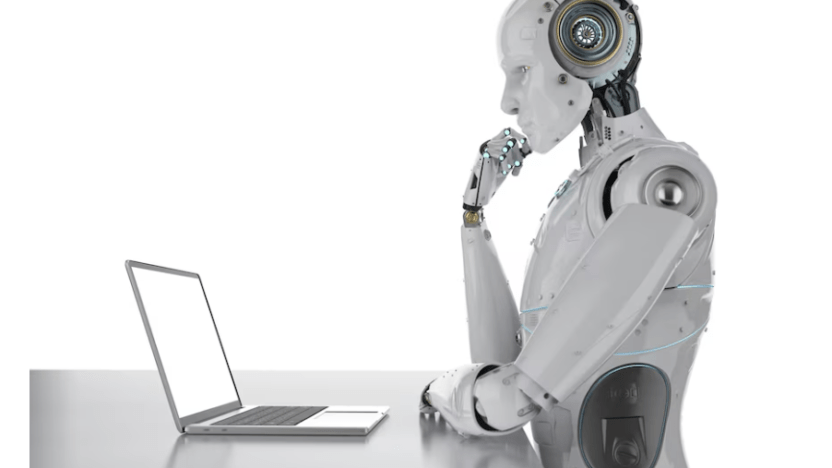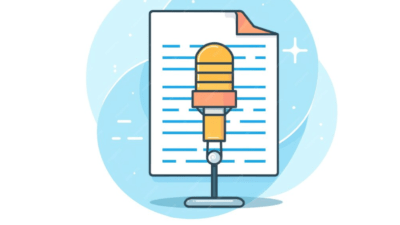Artificial intelligence (AI) is changing the world, especially generative AI. People use it to write essays, find medical answers, and even make legal decisions. Its use is further increased by its integrations with search engines. But can AI be factual? While it’s a powerful tool, there have been times when AI has provided wrong or misleading information. For example, in 2023, a lawyer used ChatGPT to write a legal brief, only to find out it included made-up court cases. Mistakes like this raise questions about how accurate AI really is and what happens when it gets things wrong.
How Does AI Work and Why Does It Get Things Wrong?
Simply, AI is an incredibly smart machine that uses an algorithm to study large amounts of information or data. The better the data it gets, the smarter it becomes. But here’s the problem: if the data is flawed or incomplete, AI can also make mistakes. This is completely understandable, imagine writing an exam after studying the wrong information, you are bound to fail and so does AI when its information isn’t accurate.
Another reason AI sometimes gets things wrong is something called “hallucination.” This is when AI confidently presents answers that are completely false as facts. For example, someone might ask an AI model for a fact about history, and it might make up an event that never happened. These errors often happen because AI is designed to predict what sounds correct, not necessarily what is correct.
AI also struggles when it encounters complex or tricky questions. For instance, if a question has more than one meaning or depends on specific details, AI might misinterpret it. Lastly, AI doesn’t always use up-to-date information. If it relies on old data, it may not give the best answers for situations that change quickly, like the latest news.
The Dangers of Inaccurate AI Information
AI errors can have serious consequences, especially as more people depend on AI tools for their daily lives. Not the mention how integrated it has become to various industries.
The more we rely on AI, the bigger these risks become. AI is now built into tools we use every day, from apps to professional systems. When it makes mistakes, the effects can spread quickly. Here are some ways it could be detrimental to society as a whole:
- Healthcare: AI is used to help doctors make diagnoses or suggest treatments. But what happens if the AI gives the wrong advice? A patient could receive the wrong treatment, which might harm them instead of helping.
- Education: Many students use AI tools to do research or complete their homework. If the AI provides false information, it can lead to poor grades or misunderstanding important topics. For example, a student writing about history might unknowingly use fake dates or events in their essay because the AI got it wrong.
- Legal systems: Some courts are beginning to use AI to assess risks, such as whether someone is likely to commit another crime. If the AI is inaccurate or biased, it could unfairly affect someone’s future.
How to Make AI More Factual
So, can AI be factual? Yes it is but it takes work. Here are some steps currently being taken to make AI more factual:
- AI data: One of the most important steps is improving the data that AI learns from. Researchers are working hard to gather better, more diverse information so AI systems can make smarter decisions.
- Human review: Instead of letting AI work entirely on its own, many companies now include humans who check the AI’s work. If you use AI for personal use you could also employ this method. For example, some companies use human fact-checkers to verify what AI produces before it’s shared with others.
- Technology: Developers are creating advanced algorithms that help AI understand context better. This means AI is starting to grasp tricky situations, like questions with double meanings. Some tools even let users point out errors, so the AI learns and improves over time.
- Ethical guidelines: Governments and organizations are introducing rules to ensure AI is used responsibly. These guidelines aim to reduce bias and prevent AI from spreading misinformation.
Why AI Accuracy is Crucial
It’s hard to imagine life without AI. It helps us type faster, shop smarter, and even find directions. But with AI becoming so important, the need for accuracy is greater than ever.
AI errors don’t just affect individuals, they can influence entire societies. For instance, when social media platforms use AI to recommend content, mistakes can lead to the spread of false information. This has happened before with fake news stories, which can create panic or confusion.
In businesses, AI tools are used to analyze data and guide decisions. If the data is wrong, companies could lose money or miss opportunities. Imagine an online store that uses AI to predict customer trends. If the AI makes a bad prediction, the company might stock the wrong items or set prices incorrectly.
The rise of AI-powered tools also means that more people trust them without question. While AI can be helpful, it’s not perfect. Users need to remember that it’s a tool, not an all-knowing expert. If people rely too much on AI without checking its output, they could face serious problems.
The Future of AI and Factual Accuracy
As technology evolves, AI is becoming smarter and more reliable. Researchers are finding ways to make AI less prone to errors, and companies are investing in systems that balance speed with accuracy. For example, some AI programs now use real-time fact-checking to reduce mistakes.
In the future, AI may be able to answer complex questions with greater precision. However, human involvement will likely remain essential. No matter how advanced AI becomes, there will always be situations where human judgment is needed to catch errors or understand context.
Conclusion
So, can AI be factual? The answer isn’t simple as we have determined. AI has incredible potential, but it’s not perfect. It can provide accurate information in many cases, but there are still times when it gets things wrong. These mistakes can have serious consequences, especially as AI becomes part of almost every tool we use.
To make AI more reliable, we need better data, smarter technology, and human oversight. By working together, developers, users, and regulators can help ensure that AI is both powerful and accurate. Until then, it’s important to use AI carefully and always double-check its work.




